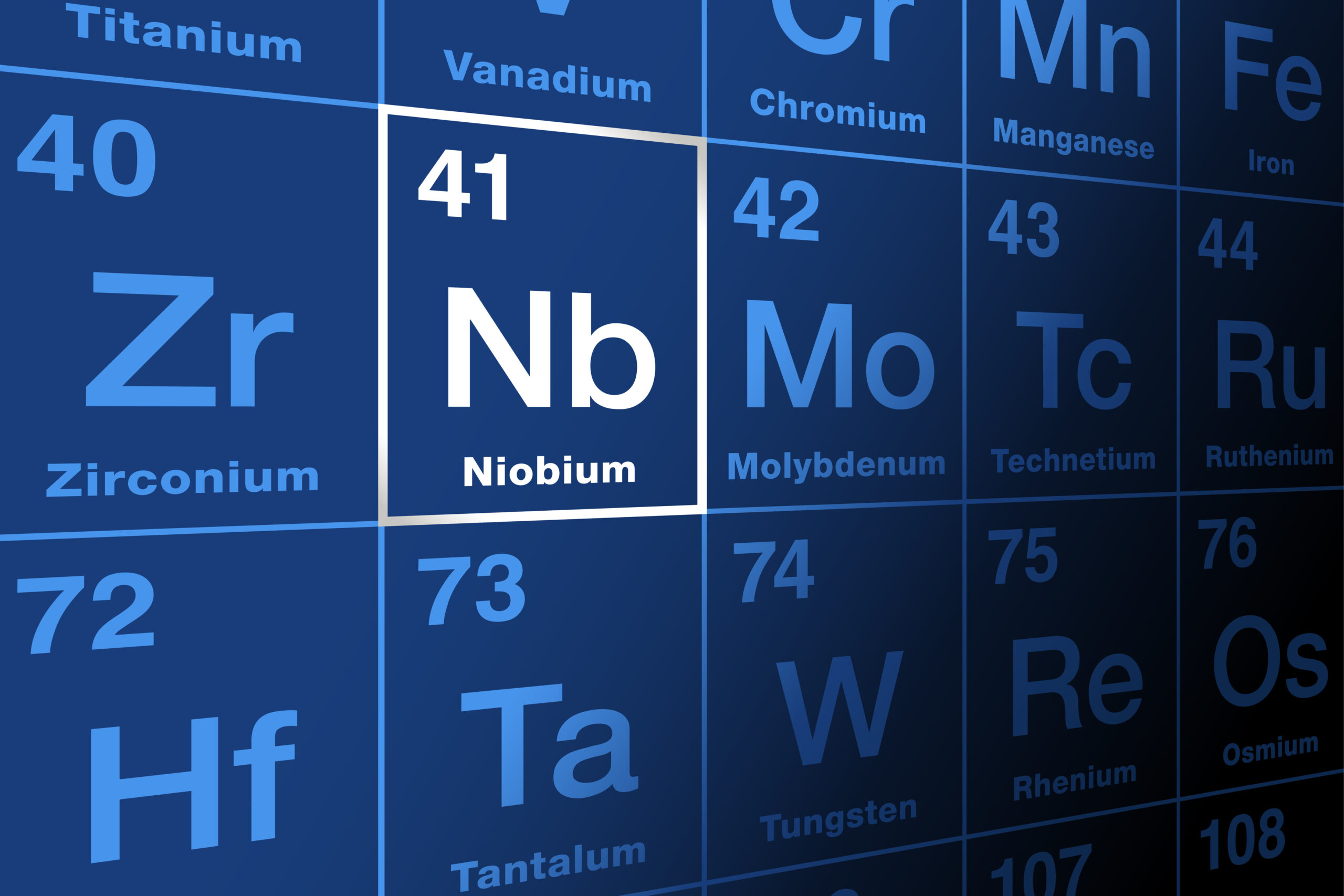
The EU’s Green Deal (2019) engages in a range of legislative and regulatory initiatives to make the European economy climate neutral and achieve the twin green and digital transitions. In response to that policy goal, the European Commission has announced that the EU must significantly increase and diversify the supply of critical raw materials (CRM), strengthen circularity and support research and innovation. To that effect, the executive body seeks to identify mineral resources and raw materials projects in the EU’s strategic interest, acknowledging the need for strong environmental protection, as well as EU external policies on CRMs. In the third quarter of last year, in advance of its legislative proposal for a Regulation regarding CRM, the Commission issued a consultation. FutuRaM responded to that consultation.
In its response, the international consortium that runs FutuRaM, expresses the view that the project will play a key role in ensuring a secure supply of secondary and critical raw materials in Europe. FutuRaM contributes to a mapping of the potential supply of secondary CRMs from EU stocks and wastes. The assessment of the availability of the CRMs is essential in improving the resilience of the European economy. FutuRaM will promote the use by the Member States of the United Nations Framework Classification (UNFC) in the context of SRMs. The UNFC, currently under construction for SRMs, is a unique tool for harmonizing the policy framework, government oversight, industry business process and efficient capital allocation. The UNFC will foster the efficient management of economic, technological and uncertainty aspects of energy and mineral projects. As a result, the UNFC is expected to de-risk projects and protect investments.
Furthermore, the consortium calls on the Commission to consider making the CRM recovery standards, designed by CEWASTE, a Horizon 2020 project, legally binding and deploying the CEWASTE certification system.
